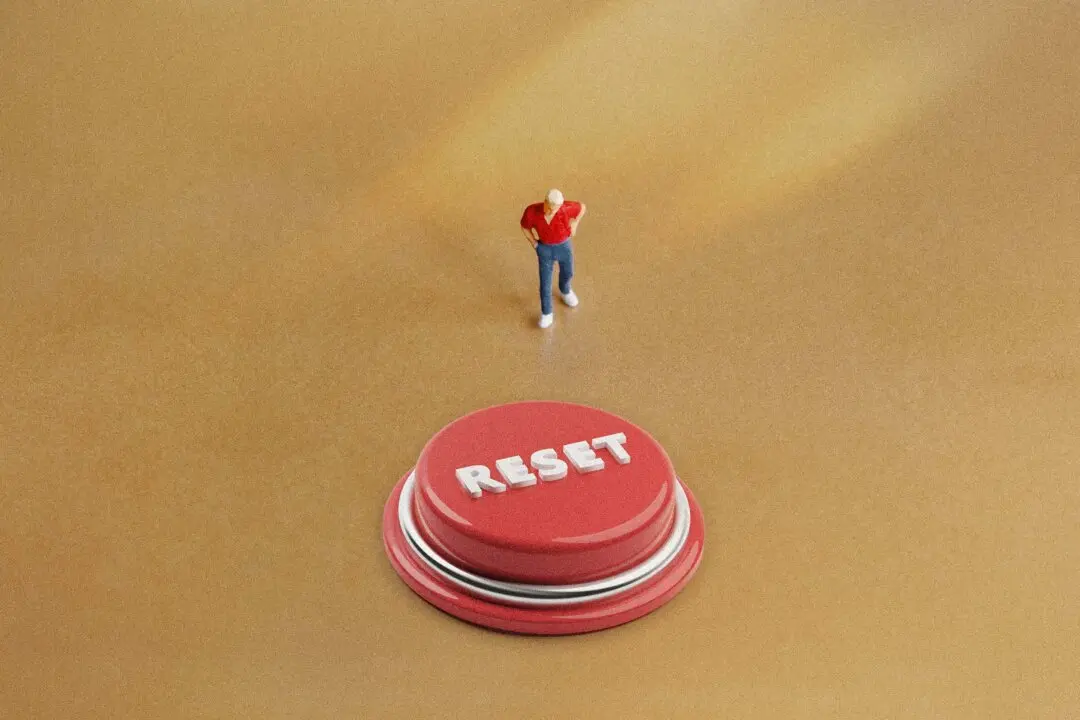Depending on your source, the average American spends nearly 50 hours a week in front of a screen for non-work purposes. Some sources put that number closer to 9 or 10 hours a day. Most of that is spent watching TV, playing video games, and browsing social networks.
About 75 years ago, that number was zero and it has been rising steadily ever since.





